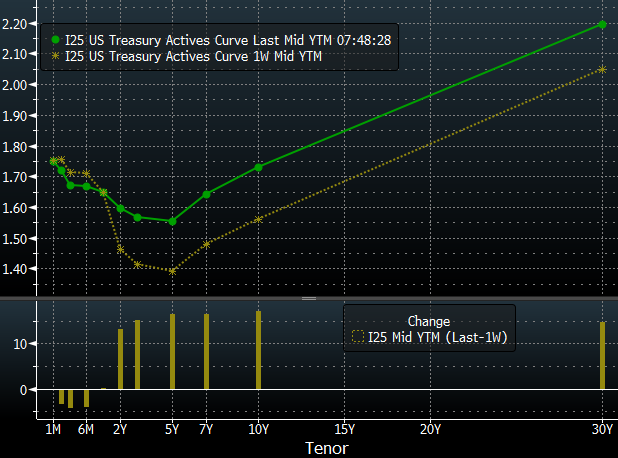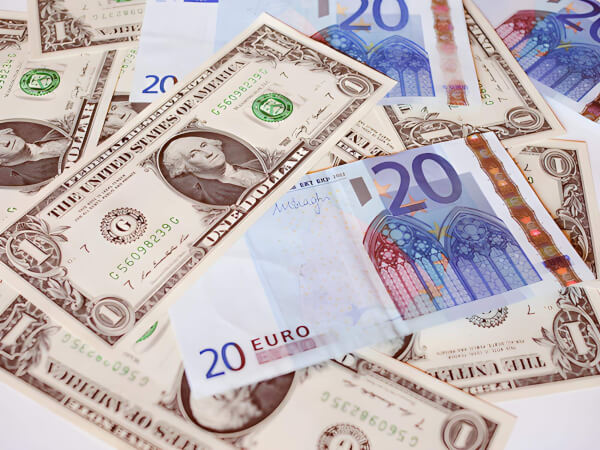Summary:
- The Fed announced it would start Treasury bills purchases in mid-October
- The program is aimed to boost the amount of reserves in the banking system
- It will continue offering overnight and term repo operations
The Federal Reserve announced on Friday it would start purchasing Treasury bills at the pace of $60 billion per month. The program will be conducted at least through the second quarter of 2020 and can be adjusted in both size and duration, as the Fed’s statement underlines. The statement also stresses that this program should not be likened to quantitative easing (these comments are in line with what we heard from Jerome Powell several days earlier). We concur because purchases of T-bills are intended to affect a completely different part of the yield curve. Overall, the newly designed program is to boost the amount of reserves in the US banking system to take pressure off money market rates.
Taking into account that these purchases are to last more than 8 months, one may expect the overall amount of reserves to exceed $2 trillion, a level not seen since mid-2018. Concurrently, the Fed will continue conducting overnight and repo operations at least through January 2020. Putting all of the above-mentioned together one may suppose that the upcoming Fed’s meeting later this month will be remarkably interesting.
 The front-end of the US yield curve lowered over the past week as the Fed announced purchases of T-bills. Source: xStation5
The front-end of the US yield curve lowered over the past week as the Fed announced purchases of T-bills. Source: xStation5

Economic calendar: US CPI in the spotlight (13.02.2026)

Daily summary: Silver plunges 9% 🚨Indices, crypto and precious metals under pressure

BREAKING: US jobless claims slightly higher than expected

Economic calendar: US Jobless Claims and ECB Speeches to Offer Markets Breathing Room (12.02.2026)


